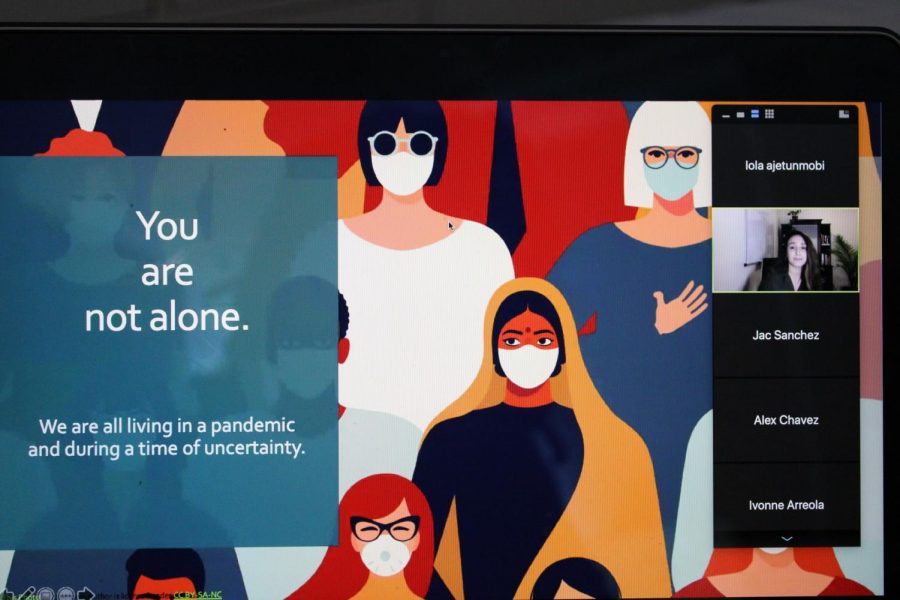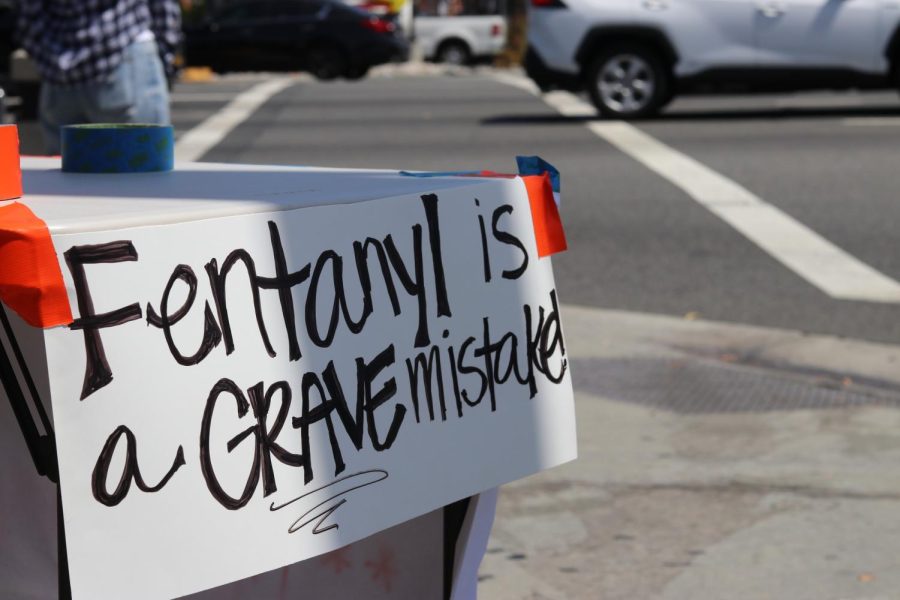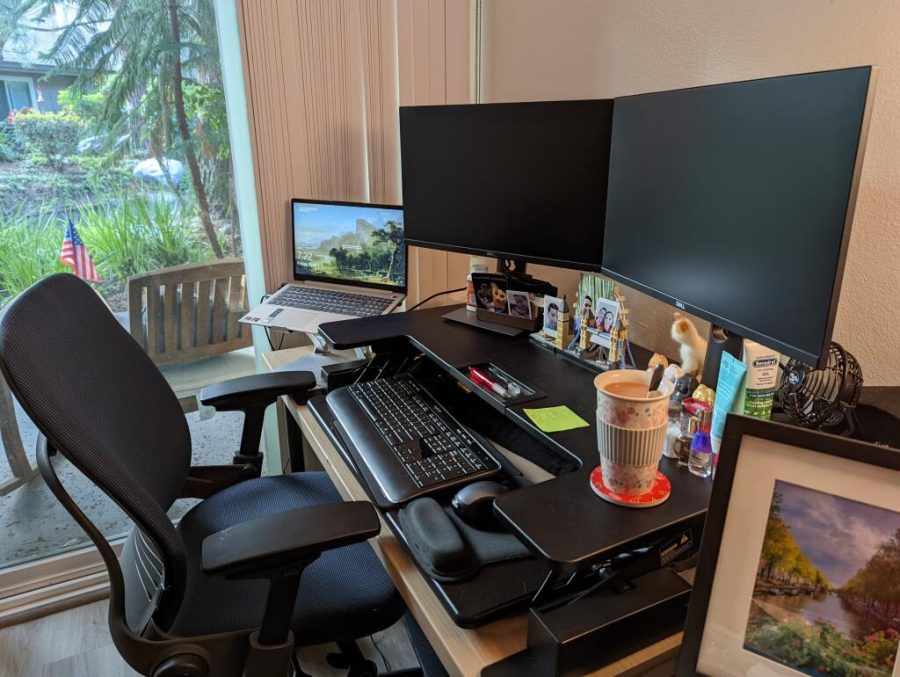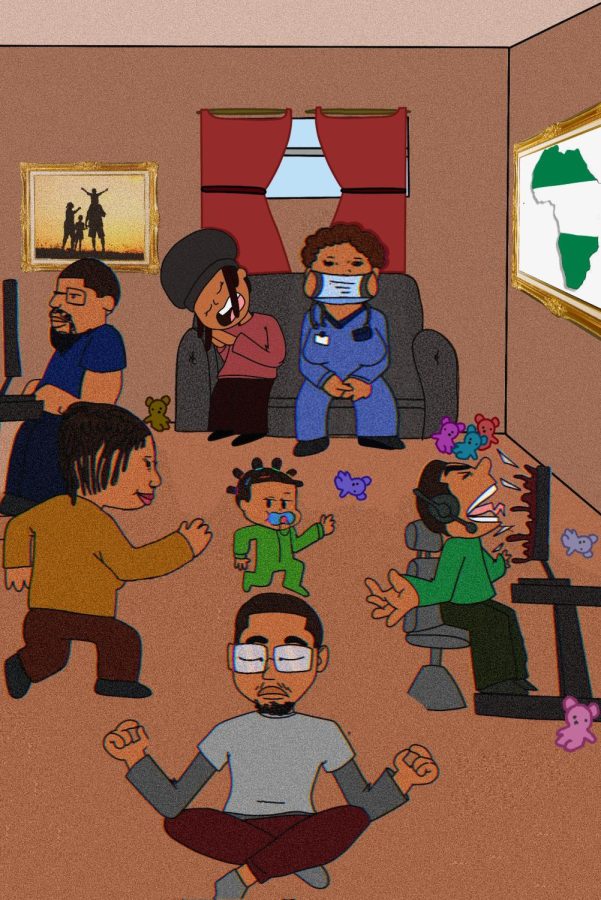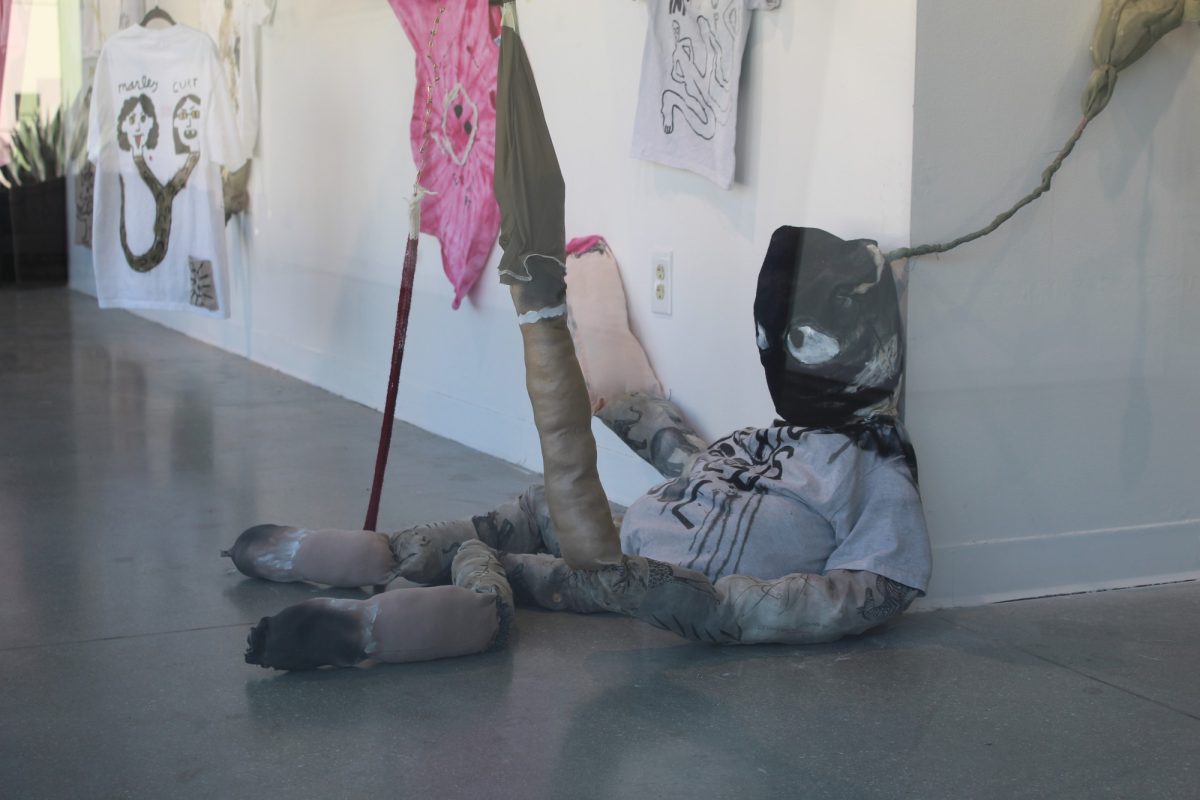Francesca Campos, an associate marriage and family therapist, discussed what pandemic burnout is and how the pandemic affects one’s mental health. Her presentation aimed to provide education, awareness and mental health tips on how to fight against it.
Campos discussed the difference between pandemic burnout and pandemic fatigue.
According to the Campos, pandemic fatigue is an expected and natural response to a prolonged public health crisis which could be different for everyone, versus pandemic burnout which is what happens when you have reached your limits mentally, emotionally and physically.
She also listed certain characteristics, she believes, to be caused by burnout from the drastic changes due to the ongoing pandemic.
These include impatience, irritation, lack of energy, lack of support, lack of satisfaction from achievements, dissatisfaction, using food or drugs to feel better or numb and changes in appetite or sleep habits.
“If you answered yes to any of these [characteristics] you may want to consult with your doctor or a mental health provider,” said Campos.
While a burnout may show the same characteristics as stress, Francesca stated the key difference between them is that stress is characterized by over-engagement while burnout is characterized by disengagement.
“Pandemic burnout is a special type of life stress – a state of physical, emotional or mental exhaustion combined with the uncertainty of the future based on the evolution of the virus,” said Francesca.
She also reinforces that it is important to remember that a burnout does not mean one is depressed, however these symptoms and recurrence of these same negative habits can impact our mental health and lead to depression.
With all these high level stresses that occur because of the pandemic, pandemic burnout is something that needs to be taken very seriously. “It can be detrimental to your physical and mental health,” said Francesca.
Luckily, Francesca provides some helpful tips for those going through the pandemic burnout. While these are helpful suggestions for one to use, she still suggests one should still seek out help if experiencing any sort of mental health crisis.
Mental health tips that Francesca recommends include being gentle to yourself, being patient with yourself, practicing positive affirmations, practicing mindfulness, meeting your basic needs and doing something fun or relaxing.
Francesca suggests for people to stay connected. This means regular check-ins with family or friends through texts or Facetime and Zoom calls.
One can even start a peer constellation mentorship or collegial support group. This would help one feel less isolated in their own thoughts.
She also advises one to set appropriate boundaries with others in your household. It is crucial for one to take breaks and take care of one’s mental and physical health.
“Self-care is not selfish. You need to be able to take care of yourself. Meet your basic needs and prioritize your self-care,” said Francesca.
Francesca also emphasizes that one should communicate to others if one is feeling overwhelmed. Seek help from other people, such as family, friends, employers or professors so they are aware and acknowledge your stress.
If you feel like you could benefit from professional health, seek resources such as the National Suicide Prevention Lifeline, Substance Abuse & Mental Health Services Administration, OK2Talk Helpline Teen Helpline, or Crisis Text Line Text Signs.



